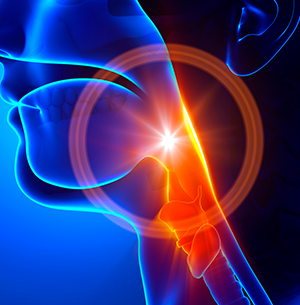The main factors that causes swallowing difficulties in diseases are:
- The obstruction, narrowing or inflammation of areas involved in the process of swallowing food which can interfere with and hinder the passage of food into the stomach. Cancers of the mouth, throat, and esophagus, as well as overgrowth of cervical bone tissue (bone outgrowths called osteophytes), may be responsible for these factors.
- Side effects from some cancer treatments, such as:
- Surgery that causes physical changes in the mouth and/ or throat area, and scars that make it difficult to swallow certain foods.
- Radiotherapy and chemotherapy that causes dry mouth, ulcer or sores in the mouth and throat, infections and inflammation.
- Medicines that treats both chronic and acute diseases.

